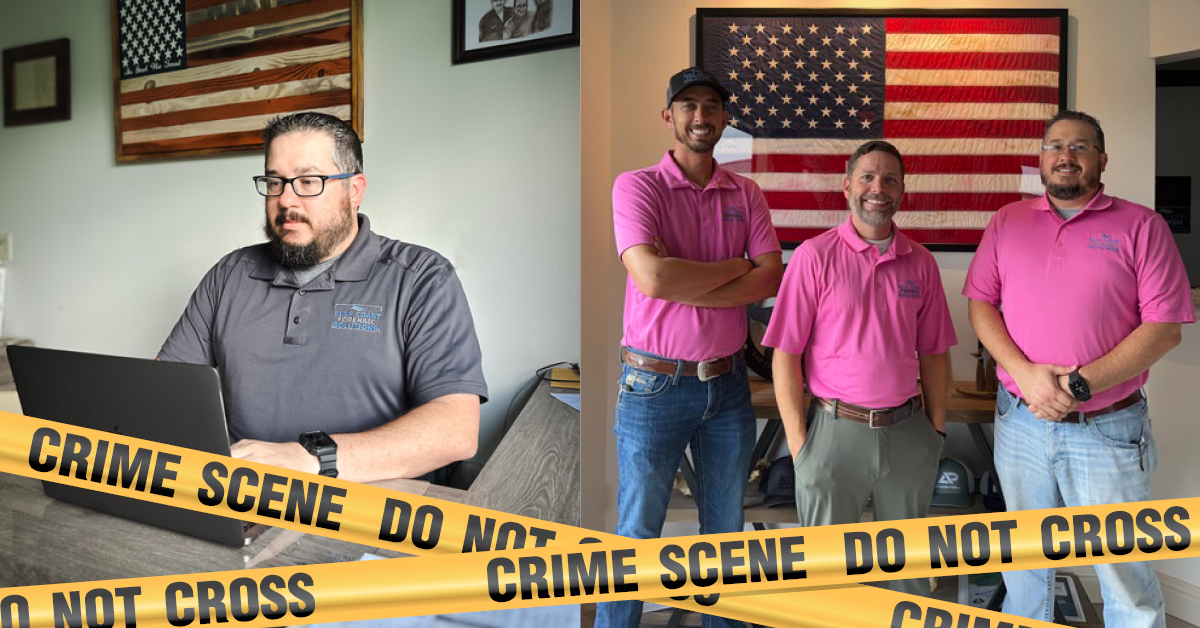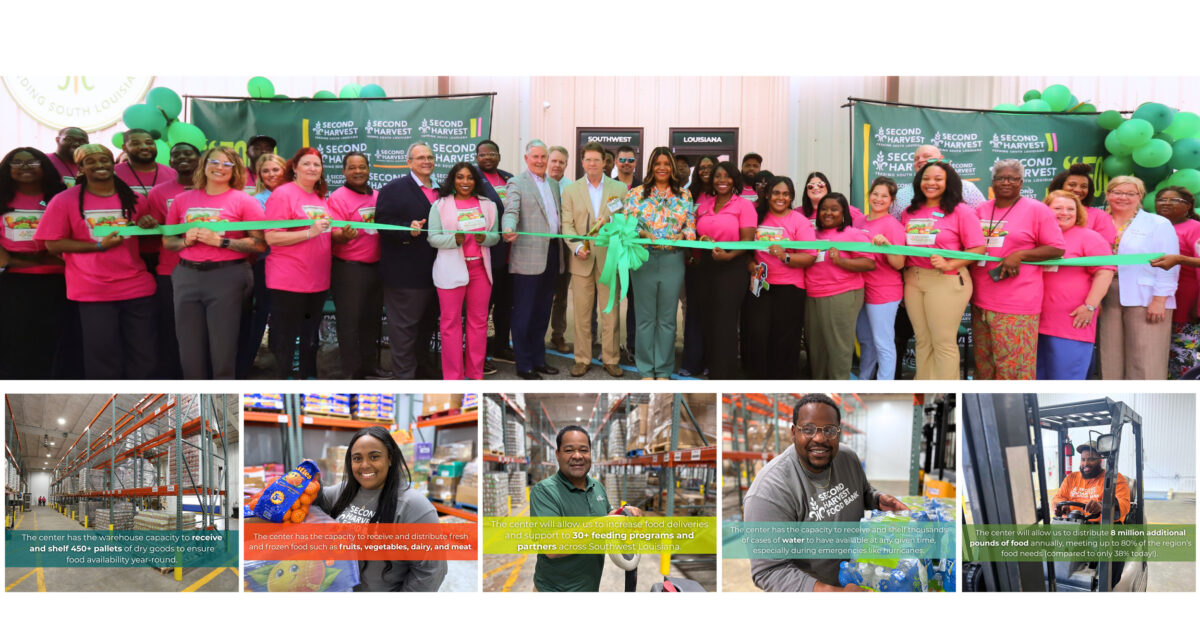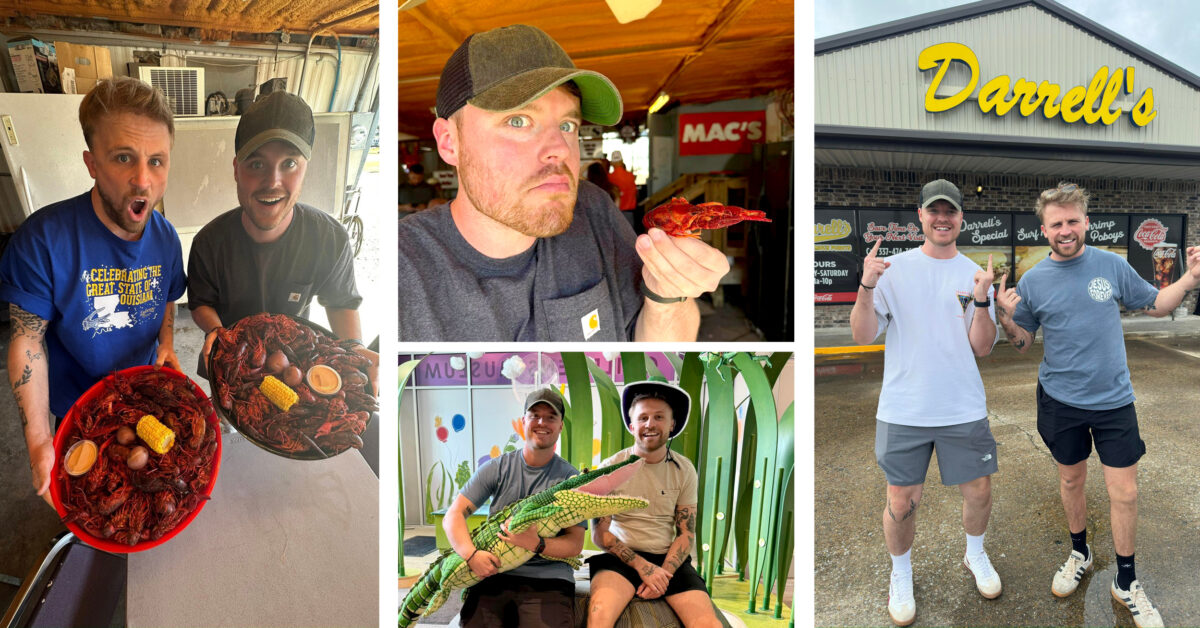
Becoming Part of Something Greater: Air Force Veteran Finds his Place by Serving Other Veterans
May 2024
Wax On, Wax Off: Hair Removal for Basking in the Sun
May 2024by Kerri Cooke
Charles “Charlie” Hunter, Jr. is the CEO and president of Gulf Coast Forensic Solutions, a local company which not only equips first responders in the community with the tools they need to investigate crimes based on digital and physical forensics, but also provides forensic anthropology skills after large weather events such as hurricanes.
Hunter, one of Thrive magazine’s 2022 Thriving 30-Somethings, worked for the Calcasieu Parish Coroner’s Office from 2006-2023. He started Gulf Coast Forensics as a side hustle in 2020 and operated the business full time beginning in 2023. Hunter is joined by Austin Peloquin, Gulf Coast Forensics’ chief business officer, who, as Hunter puts it, is “a Swiss army knife. He does it all.”
The business received a big boost after Hurricane Laura in 2020. The Louisiana Cemetery Response Task Force reached out to Hunter to help with the recovery, identification and reburial of remains washed out of gravesites. It can take one to two days to fully excavate remains. The process includes using sifters and water to help uncover all the bones in the body before laying them out to form a complete skeleton. Identifying is first attempted by searching for any identifying factors such as dentures, surgical implants or a casket serial number. Hunter says that he helped with similar projects while at the Calcasieu Parish Coroner’s Office, and while he originally thought he would be helping restore four or five cemeteries, that number now hovers around 90. Hunter has also responded to Florida after Hurricane Ian and has consulted with people across the country.
The other part of Hunter’s job is a true crime buff’s dream. Gulf Coast Forensic Solutions hosts a wide range of classes with experts to equip first responders with the skills they need to do their jobs correctly and efficiently. Hunter says the classes they offer, which center around death investigation, are like “crime scene A-Z.”
Class subjects are accredited and include processing crime scenes, crime scene photography and digital forensics. These classes are especially useful in a situation where a first responder might be changing divisions within the same company. For example, a patrol officer might switch to a job which requires knowledge of crime scene investigation. Gulf Coast Forensics teaches the basics, such as how to recognize a crime scene and crucial evidence. First responders also need to learn how to secure a crime scene, properly photograph a crime scene, video a crime scene, properly collect evidence, create crime scene diagrams and sketches and how to take proper measurements. The last thing you want in criminal justice is for evidence to be cross-contaminated and therefore not viable in the courtroom. Classes also teach interview and interrogation methods and how to have an effective courtroom testimony.
When a case goes to court, the defense will want to reconstruct the crime scene with 100% accuracy in the courtroom, and that is done with diagrams which show vital evidence, such as the location of a murder weapon in proximity to a body. Gulf Coast Forensics also teaches small town police officers to leverage the power of the internet to find vital information on a person even if the department does not have the financial resources of a larger division.
Hunter stresses the importance of digital forensics in crimes today. A cell phone stores a crucial amount of data and often contains evidence that a criminal might not even know is there. For example, not only does a cell phone track your location when it’s on, photos are often geotagged, Google search history is documented, and text history can contain vital information. He says it’s important to follow proper procedure because “if a phone wasn’t seized legally or a warrant is not written correctly” all the evidence can get thrown out. “It is forever evolving,” says Hunter of digital forensics, emphasizing the need to stay up-to-date on technology. Important settings investigators need to know can change with the model of phone handled.
The primary goal of Gulf Coast Forensic Solutions is to “improve the quality of investigation that will lead to safer communities,” Hunter says. He also stresses that he wants the community to understand “how much training, dedication and hours first responders spend on a case to get the outcome they want.”






